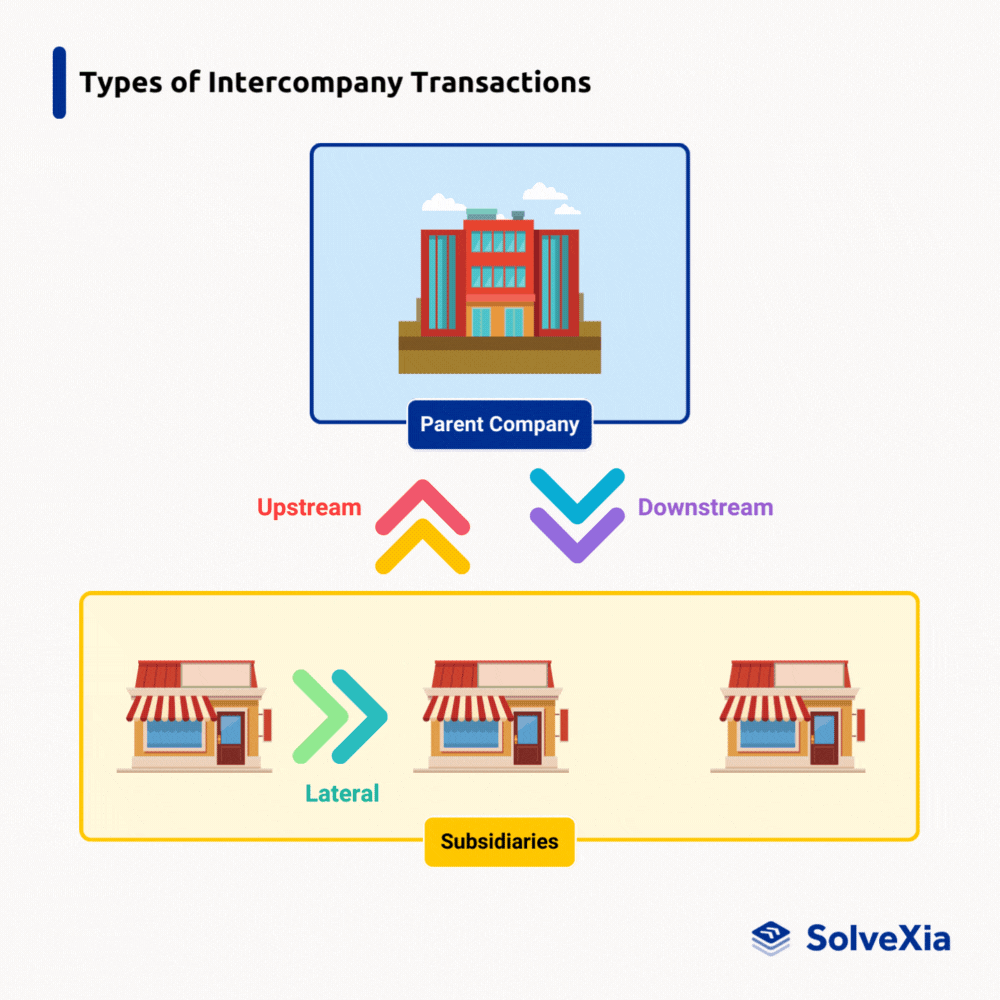For US multinational corporations (MNCs) with operations across borders, accurate and efficient intercompany accounting is critical for consolidating financial results, managing transfer pricing, and ensuring compliance with tax regulations. As globalization continues, the complexities of intercompany transactions and their accounting treatment are only increasing.
Key aspects of intercompany accounting for US MNCs include:
- Intercompany Transactions: Accounting for sales, purchases, loans, and other transactions between related entities operating in different countries.
- Transfer Pricing: Establishing and documenting arm’s-length pricing for intercompany transactions to comply with tax laws and regulations like those under Section 482 of the US Internal Revenue Code.
- Intercompany Eliminations: Properly eliminating intercompany balances and transactions during the consolidation of financial statements.
- Foreign Currency Translation: Accounting for transactions denominated in foreign currencies between related entities and translating subsidiary financial statements.
- Intercompany Reconciliations: Regularly reconciling intercompany balances to identify and resolve discrepancies.
- Tax Planning: Strategically managing intercompany transactions to optimize the group’s overall tax position.
Effective intercompany accounting requires strong internal controls, clear policies and procedures, and a deep understanding of both accounting principles and tax regulations in the relevant jurisdictions. Finance and accounting professionals in US MNCs play a crucial role in ensuring accuracy, compliance, and efficiency in this complex area.
What are some of the biggest challenges your US-based multinational organization faces in managing intercompany accounting? What best practices have you found to be most effective? Share your insights!
